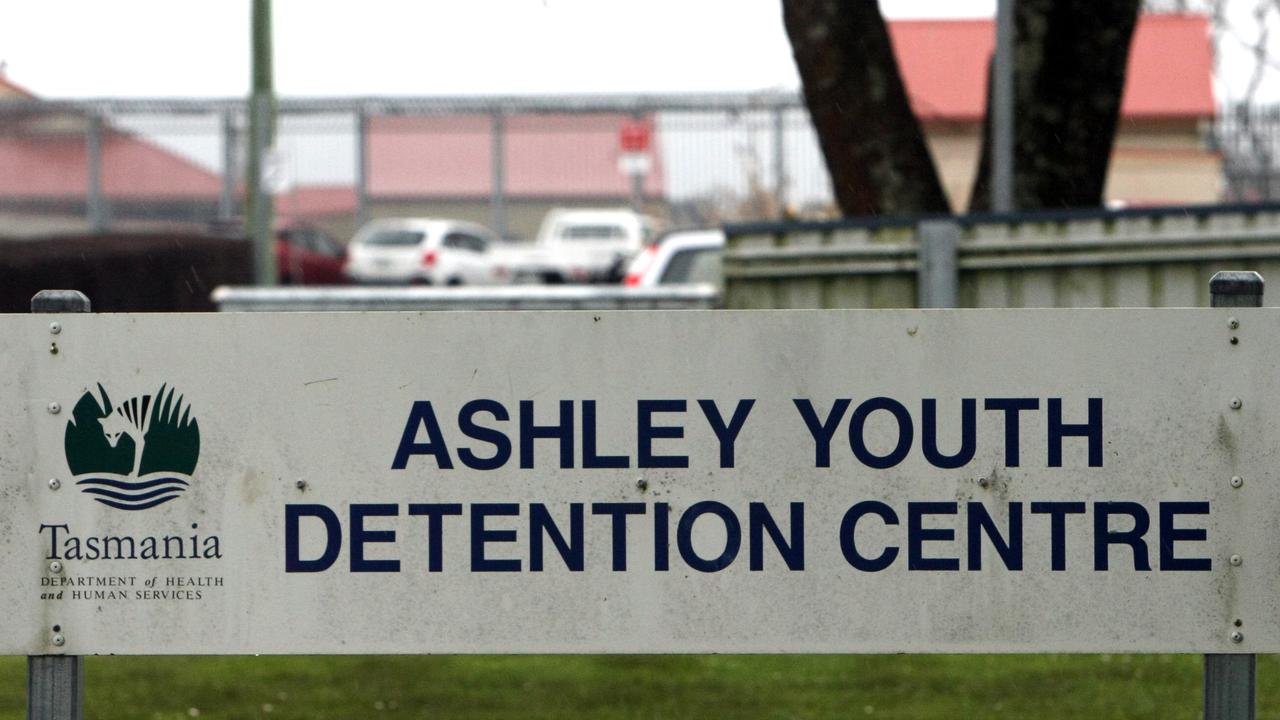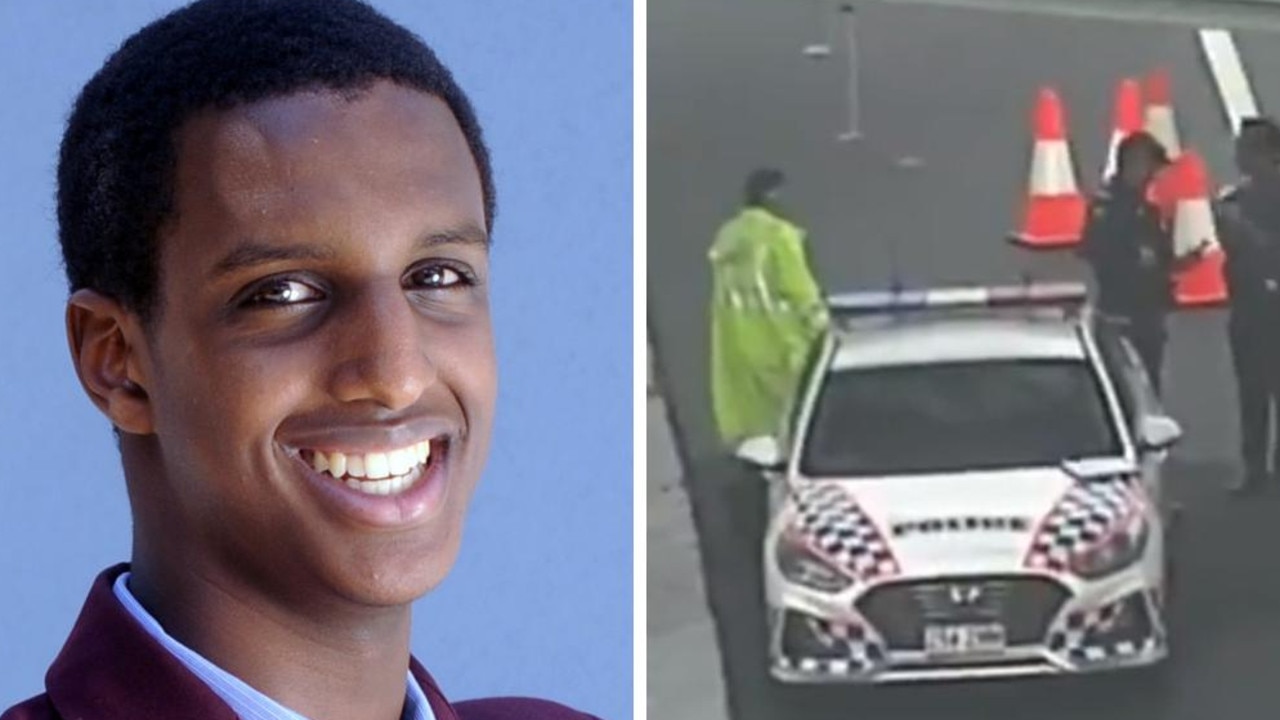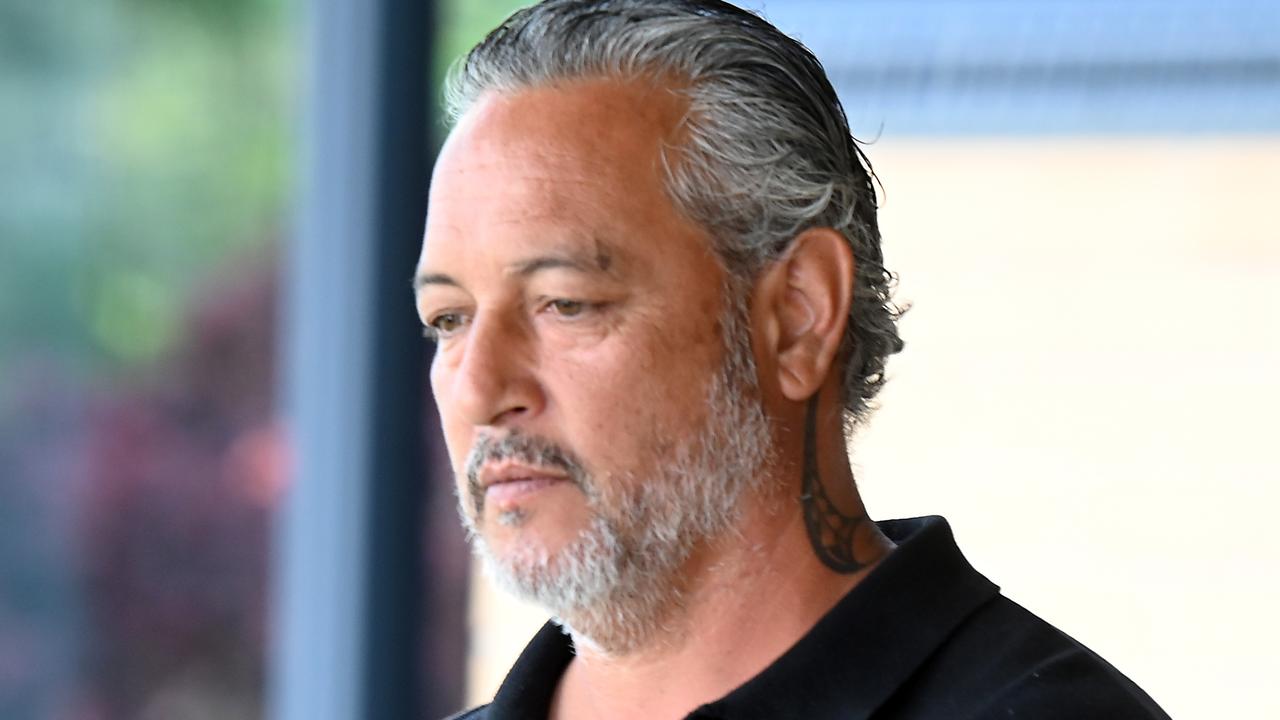Former William Tyrrell cop Gary Jubelin reflects on inquest
The former lead on the William Tyrrell investigation opens up on why he asked for an inquest, and his take on how it played out.
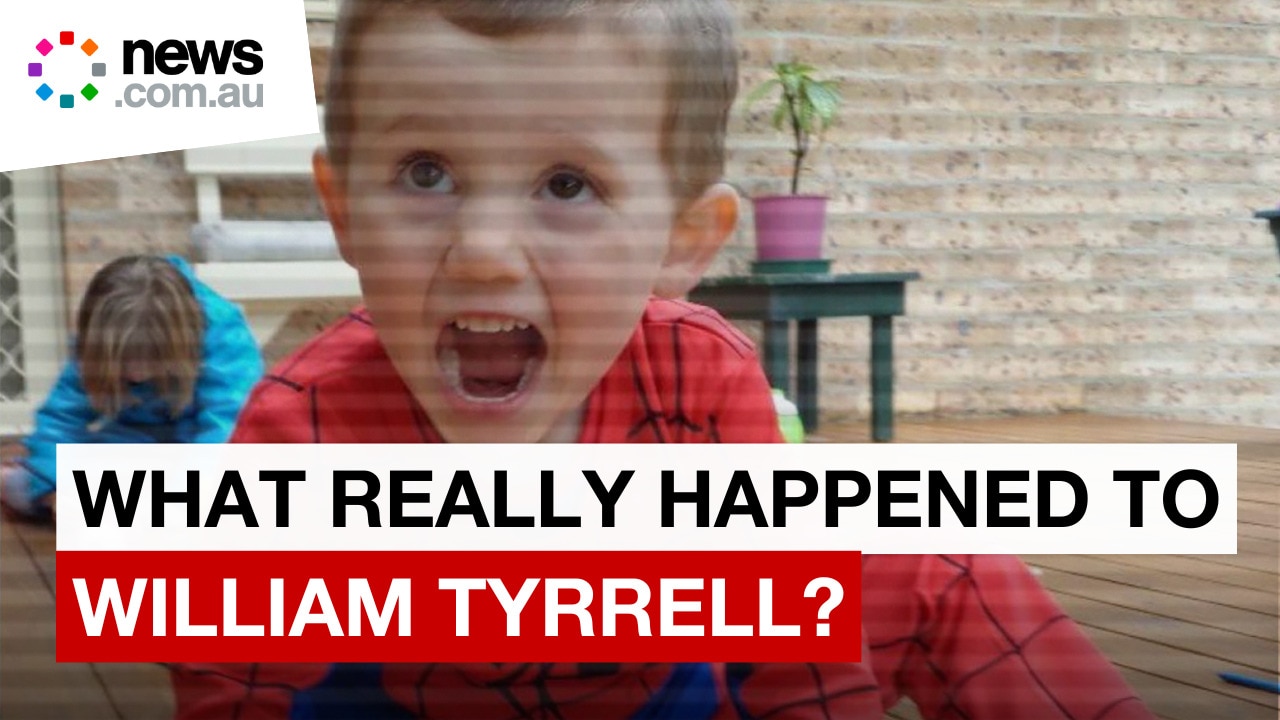
OPINION
News last week that the inquest into the disappearance of William Tyrrell had ceased hearing evidence left many, including myself, deeply disappointed and confused.
In my long career as a police officer, including over 20 years as a homicide detective, I had never witnessed an inquest unfold in such an unusual and concerning manner.
During my time in the police I led significant investigations where the Coroners Court played a vital role in advancing cases.
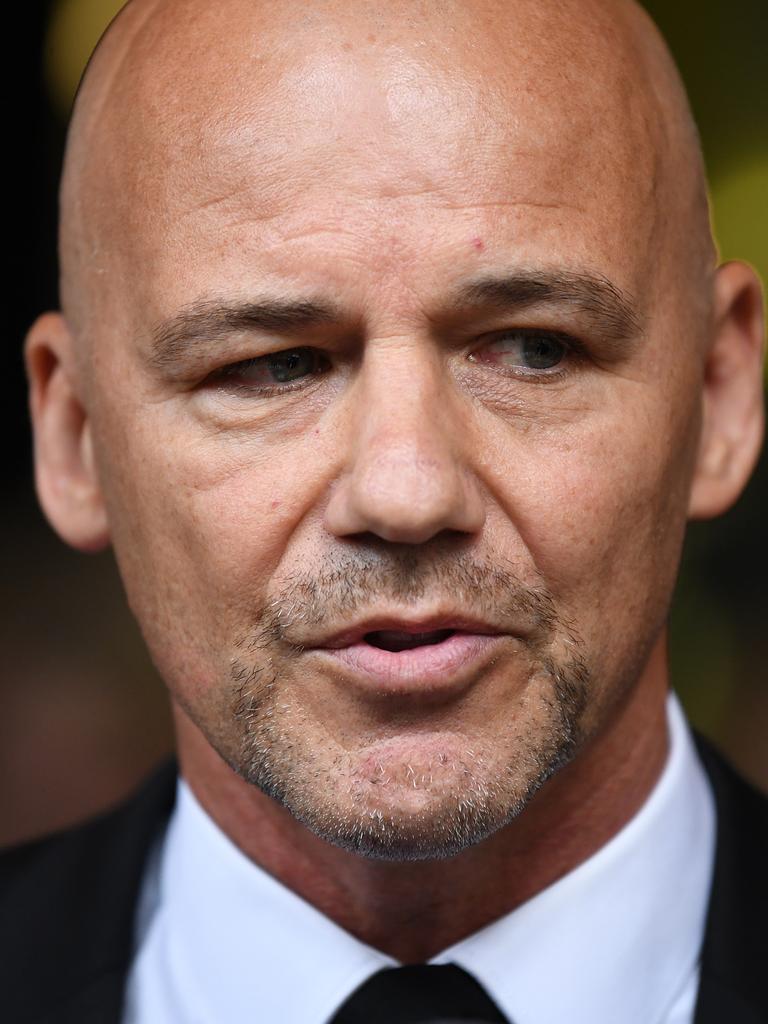
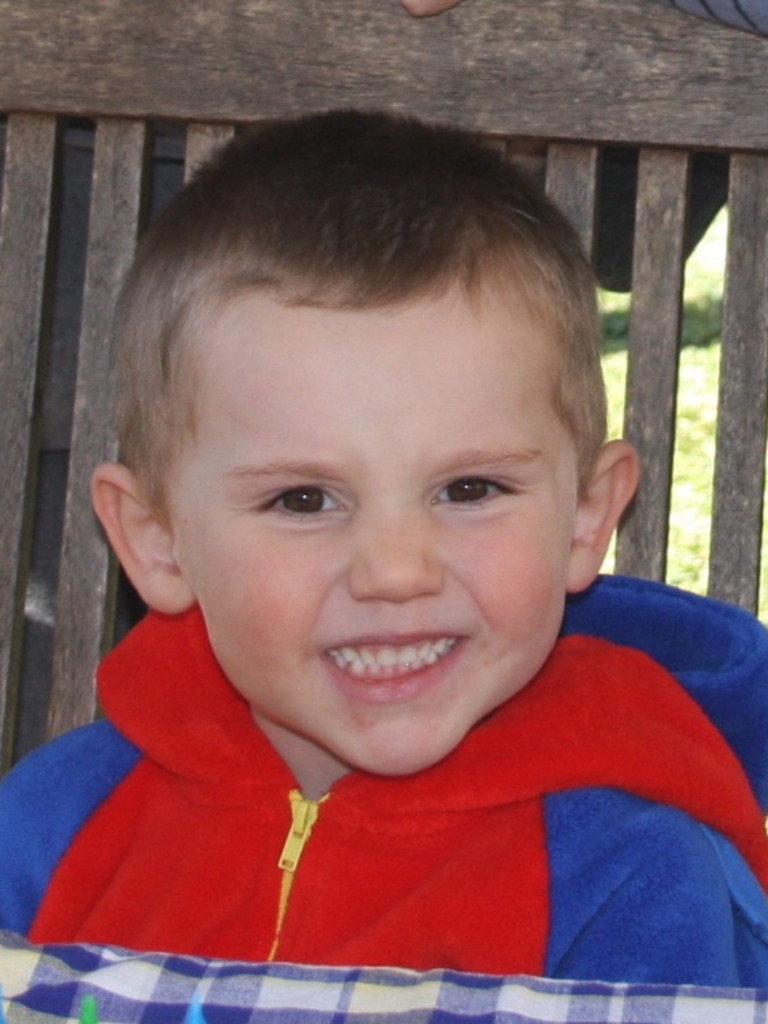
One such case involved the murder of the three Bowraville children, Evelyn Greenup, Colleen Walker and Clinton Speedy.
I provided detailed evidence during a two-week inquest, with the hearing ultimately leading to a referral to the Director of Public Prosecutions (DPP) and a subsequent trial which concluded with an acquittal.
Similarly, in the disappearance of Matthew Leveson, a three-week inquest resulted in the recovery of his body after 10 long years.
These experiences shaped my approach when I sought an inquest into William’s disappearance in 2018.
As the lead investigator at the time, I regularly updated the Deputy State Coroner on our progress, but it was always clear that the police were in charge of the investigation, not the coroner.
This is how homicide investigations are traditionally conducted. The police’s role is to investigate the disappearance, and only after exhausting all avenues or for tactical reasons would we ask for an inquest to be held.
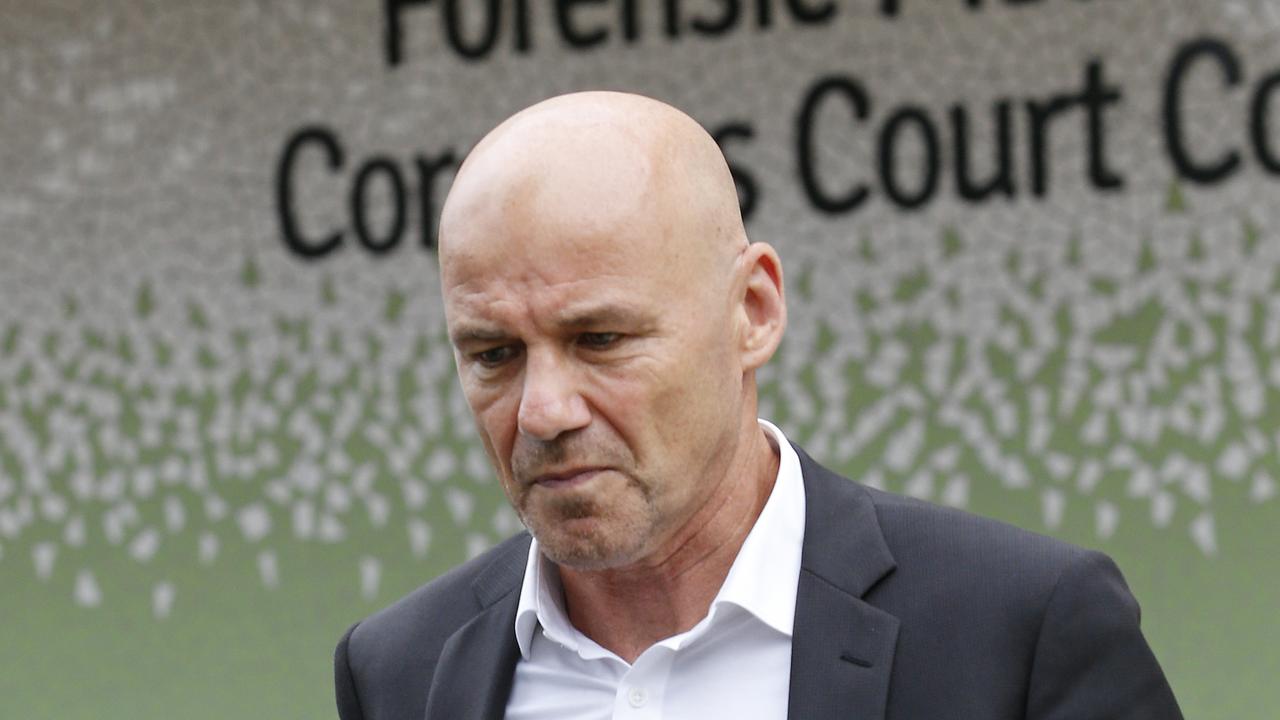
My main objectives for requesting the inquest were to establish that William’s disappearance was due to human intervention rather than misadventure and to ensure that the evidence of a particular person of interest was tested before it was potentially lost.
If the inquest did not yield results, I intended to request a suspension for further investigation. This aligns with how I believe homicide investigations should be conducted.
However, circumstances changed, and I was removed from the investigation just weeks before the inquest began in March 2019.
Since then, I’ve followed the proceedings as a member of the public and expressed my willingness to give evidence.
Unfortunately, these requests were rejected by the coroner.
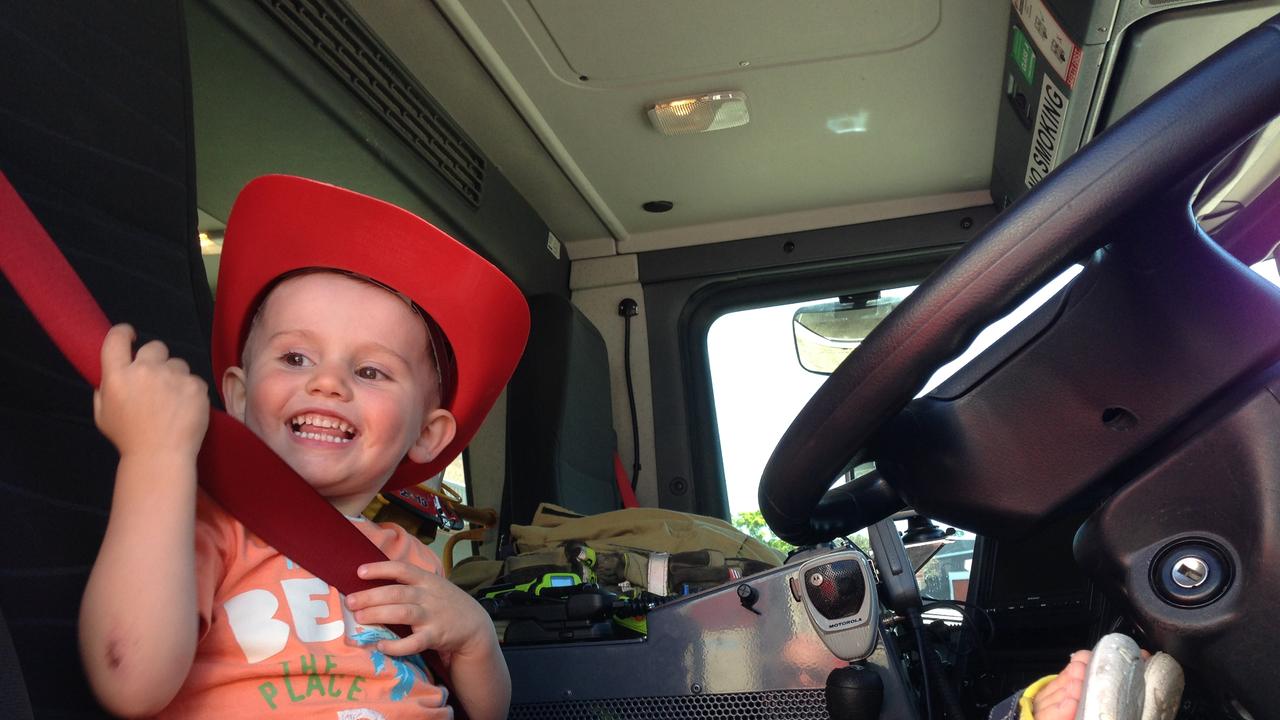
What concerns me most is the fact that the only detective to provide evidence was a junior officer with no prior experience in homicide investigations.
I was present in court when this person was asked questions she could not answer, as they related to decisions that I had made.
It is perplexing that no officers who led the investigation – including Detective Chief Inspectors Hanns Rupp, David Laidlaw and myself – were called to testify.
I can’t speak for the others, but I believe I possess significant evidence that could shed light on what happened to William, yet I was not summoned to provide my insights.
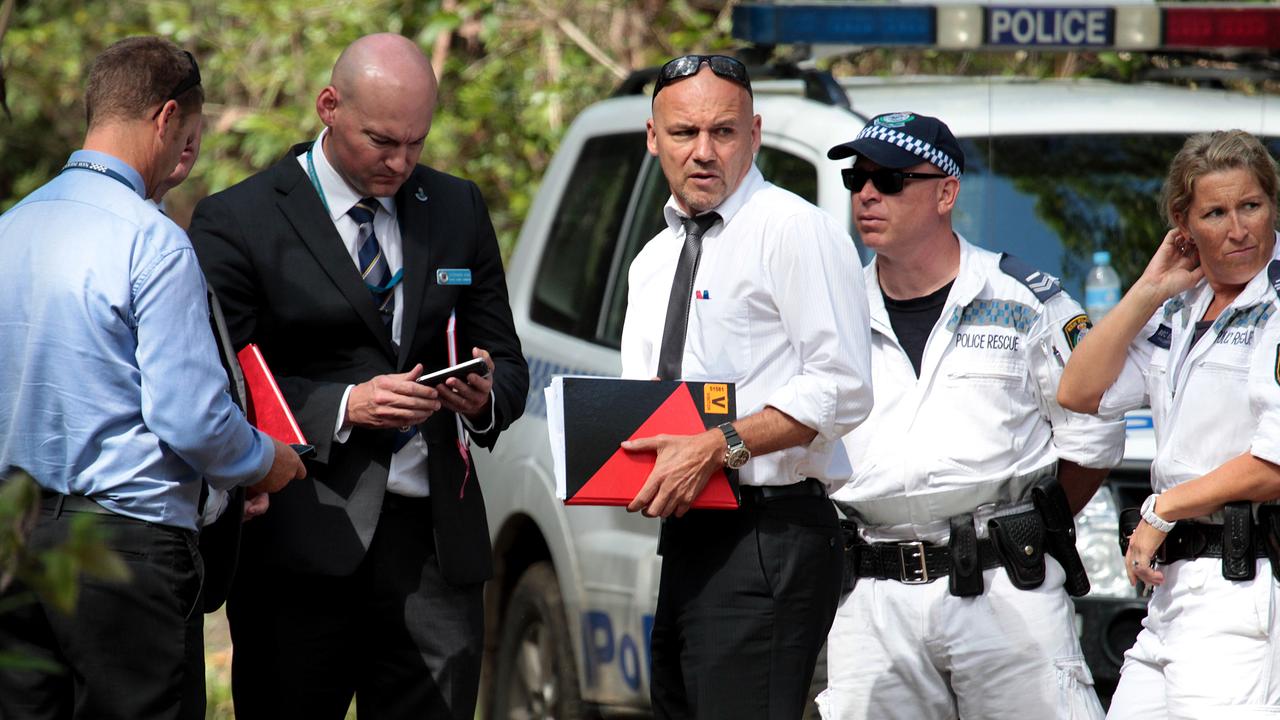
Throughout the inquest, I listened to police dog handlers recount the areas of bushland that were searched at our direction. Yet the focus seemed misplaced, emphasising what was not found rather than the rationale behind the searches.
With no forensic evidence available, understanding the decision-making process behind these operations is crucial.
William’s investigation is particularly challenging due to the absence of forensic evidence and the intriguing backgrounds of the persons of interest involved.
My consultations with Dr Sarah Yule, the NSW Police Senior Forensic Psychologist for Investigations, were invaluable in assessing these individuals.
Strikingly, Dr Yule was also not called to provide her expert testimony.
As I reflect on the inquest, which has become the longest I have ever witnessed, I remain hopeful that the coroner’s findings will address my concerns.
However, I fear that if the coroner returns an open finding, a public inquiry will be necessary.
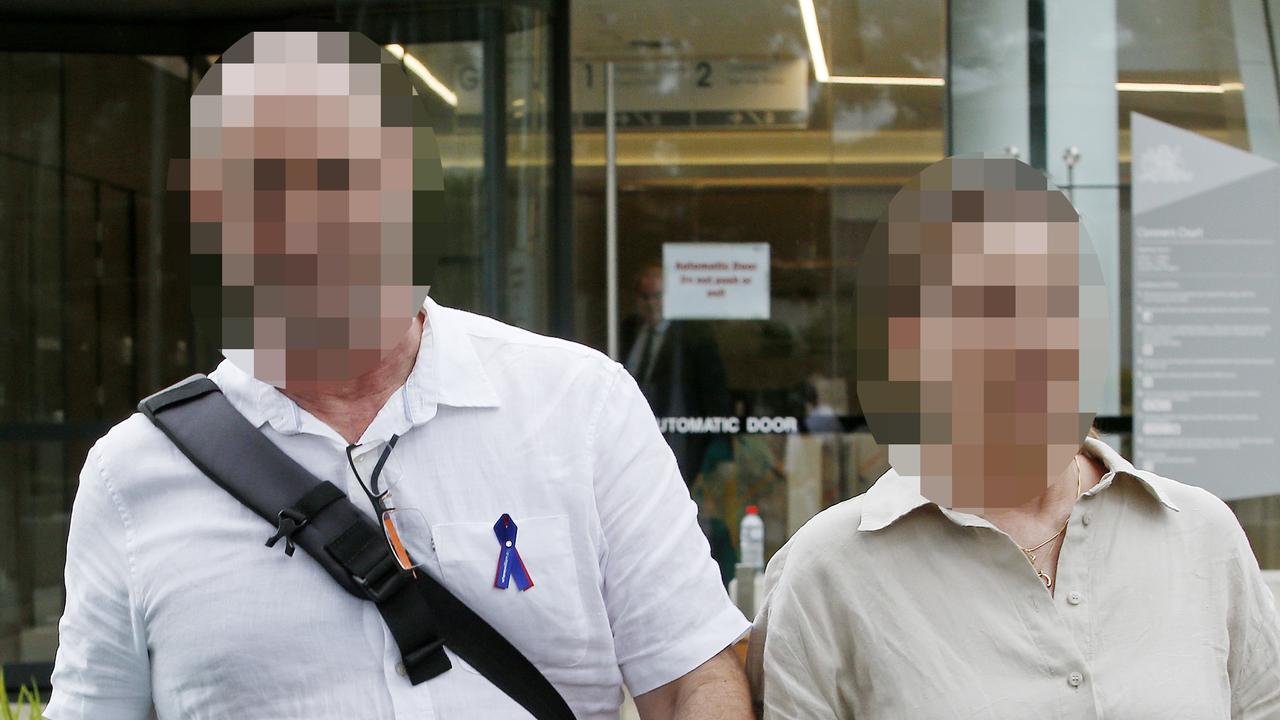
The public deserves transparency regarding how this investigation has been managed at every level.
Moreover, there has been a troubling narrative from the police over the past three years, suggesting there is only one person of interest.
This was further complicated by leaks to the media about a brief of evidence forwarded to the DPP seeking charges against this individual.
Despite having this brief for years, no decision has been made. The lack of evidence presented at the inquest raises serious questions about accountability for those involved.
The impact on the nominated individual and those close to her is incalculable.
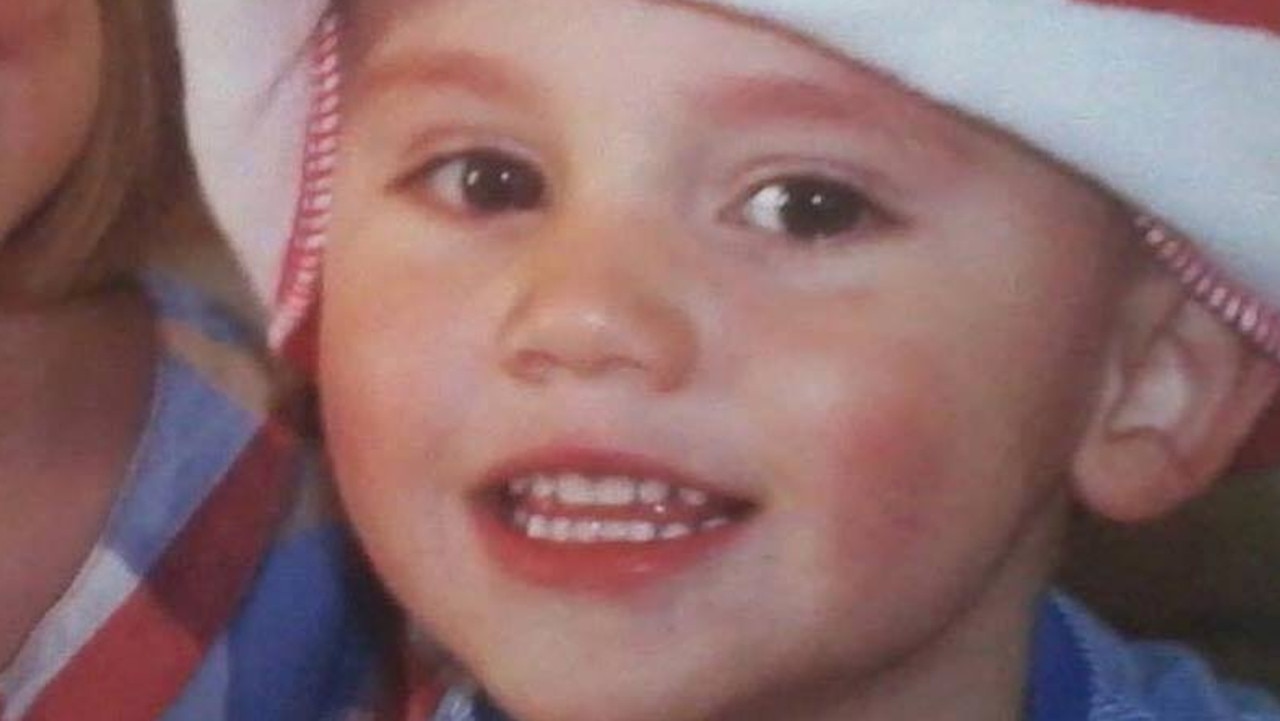
If the relevant authorities don’t have the stomach for a public inquiry, I urge the police commissioner to initiate a comprehensive review of the investigation.
This review should include all individuals involved, past and present, with the primary goal of uncovering the truth about what happened to William.
If mistakes were made, we must hold ourselves accountable and learn from these errors to prevent similar situations in the future.
The quest for justice for William must remain at the forefront of our efforts.
Gary Jubelin is a former NSW homicide detective, author and host of the “I Catch Killers” podcast. He served as the lead investigator on the William Tyrrell case for four years.

